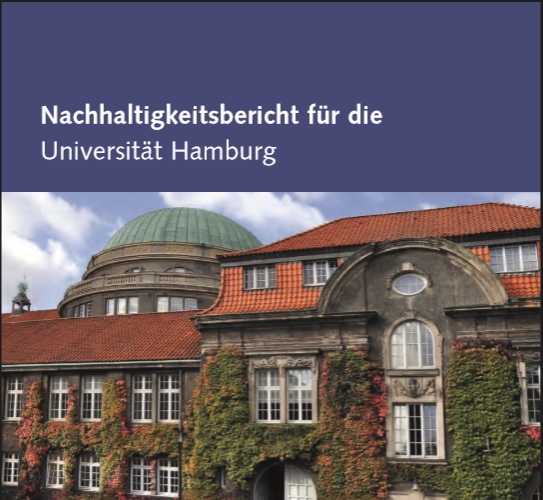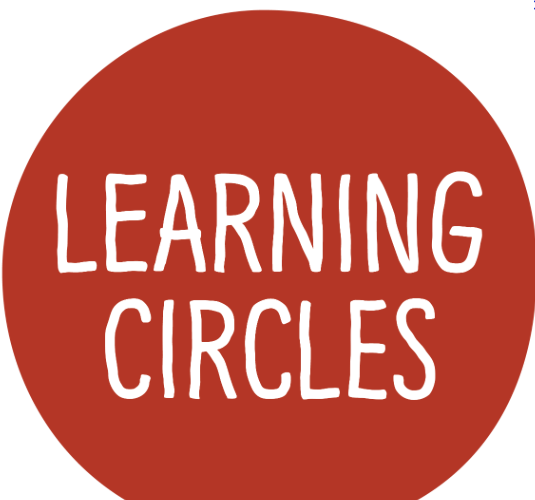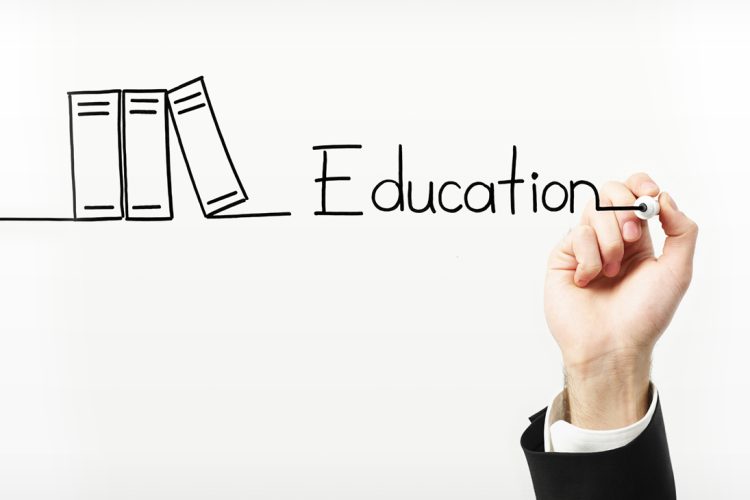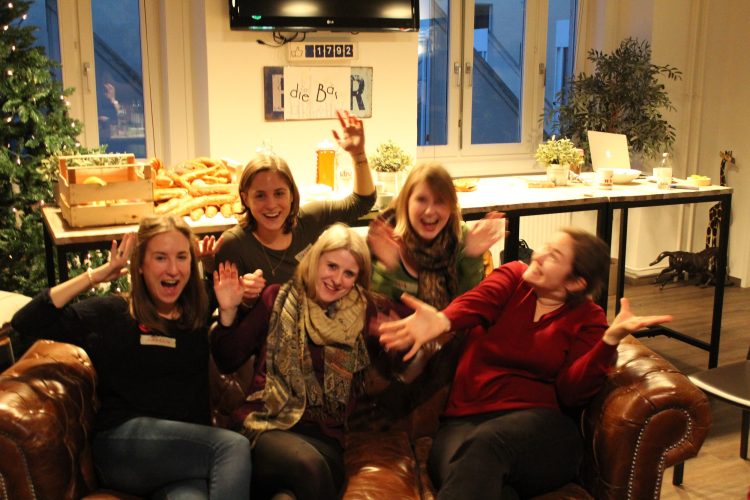A process that took more than two years comes to an end. The project team and all of oikos Hamburg presents “Sustainability Report 2.0”, the new sustainability report on the...
Out of the six oikos Learning Circles we today present two updates on the Economics and Participatory Learning’s plans. The oikos Economics Learnings Circle wants to increase the...
Hello everybody! I am Christoph the new oikos Associate and I am working on the topic of Digital Economy (DE). First of all I want to thank oikos...
The United Nations Supported Principles of Responsible Management Education (PRME) and Associate Professor Debbie Haski-Leventhal from Macquarie Graduate School of Management (MGSM), with the contribution of oikos, have collaborated...
Great news for all FutureLab enthusiasts who want to prolong their stay in beautiful St. Gallen! There are several ways in which you can spend the days leading up...
- 1
- 2






